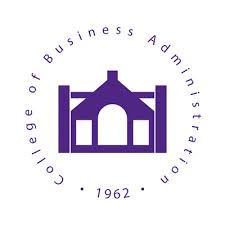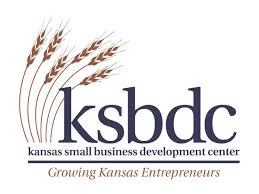Step 5 - Marketing Your Business
Whether you are considering a new store or reviewing your market niche, it is important to have a business and marketing plan. Every grocery store exists in a unique position within a community. It is because of this uniqueness, business planners suggest that following a “standardized template” may miss important market opportunities. Tim Berry, business planning expert, suggests that using someone else's business plan is comparable to using someone else’s medical checkup instead of going to the doctor yourself!
Because business marketing plans need to be catered to the business, sample business marketing plans are often of little use. However, some common plan elements can be defined. Berry & Wilson (2004, p. 7-8) suggest the following minimum essential contents of a marketing plan:
- Situational Analysis: Information including a market analysis, a SWOT analysis (strengths, weaknesses, opportunities, and threats), and a competitive analysis. The market analysis should include market forecast, segmentation, customer information, and market needs analysis.
- Marketing Strategy: A section that includes: a mission statement, objectives, focused strategy, market segment, and product positioning.
- Sales Forecast: Including sales tracking and analysis of actual vs. forecasted sales by product, market segment, and other elements as appropriate.
- Expense budget includes tracking and analysis of plan vs. actual expenses, sales tactic and promotion analysis, and other elements as appropriate.
Marketing Plan Development Assistance:
|
NebraskAccess provides a database of statewide resources for starting a business in Nebraska. |
|
|
College of Business Administration, Marketing Department At Kansas State University, the College of Business Administration, Marketing Department has classes that engage student teams with real-world projects. Typically, these include market research projects using surveys (e.g., surveying customers about their product or service needs) or developing marketing plans for companies. The department operates on a semester system so the delivery of the project, typically a report, becomes available in May for spring semester projects and December for fall semester projects. To initiate a project request, contact the department before each semester so that faculty can decide if the proposed project fits their course goals. The department head can be contacted to answer questions about potential projects and will serve as the point of contact for getting the proposed project to the appropriate faculty member. |
|
|
NetWork Kansas is a 501c3 nonprofit organization dedicated to developing an entrepreneurial ecosystem in Kansas that connects aspiring, emerging, and established businesses to a wide network of business-building resource organizations across the state. NetWork Kansas provides small businesses and entrepreneurs with free, easy access to the resources they need to succeed. |
|
|
The Kansas Small Business Development Center The KSBDC is a partnership program with the US Small Business Administration (SBA) and the Kansas Dept. of Commerce. The KSBDC is partially funded by the US Small Business Administration. SBA's funding is not an endorsement of any products, opinions, or services. SBA funded programs are extended to the public on a nondiscriminatory basis. |







